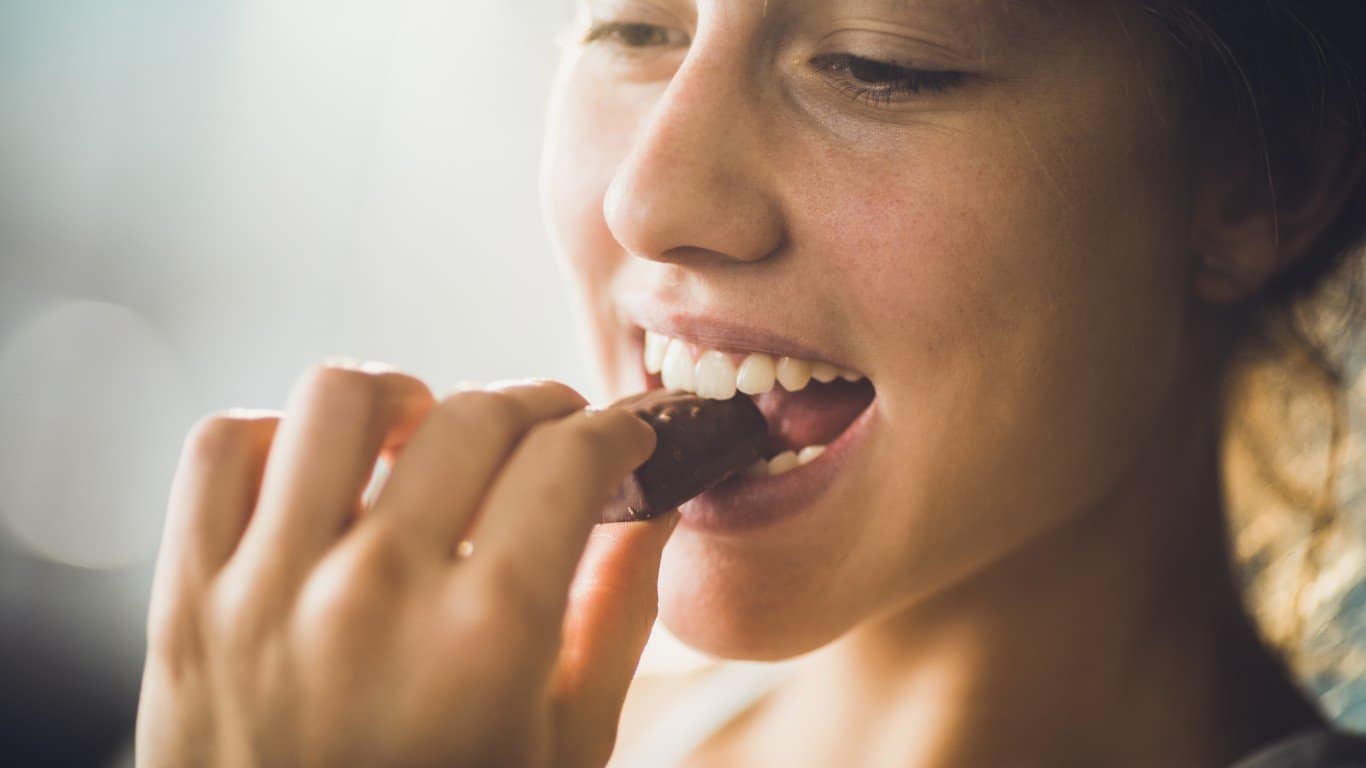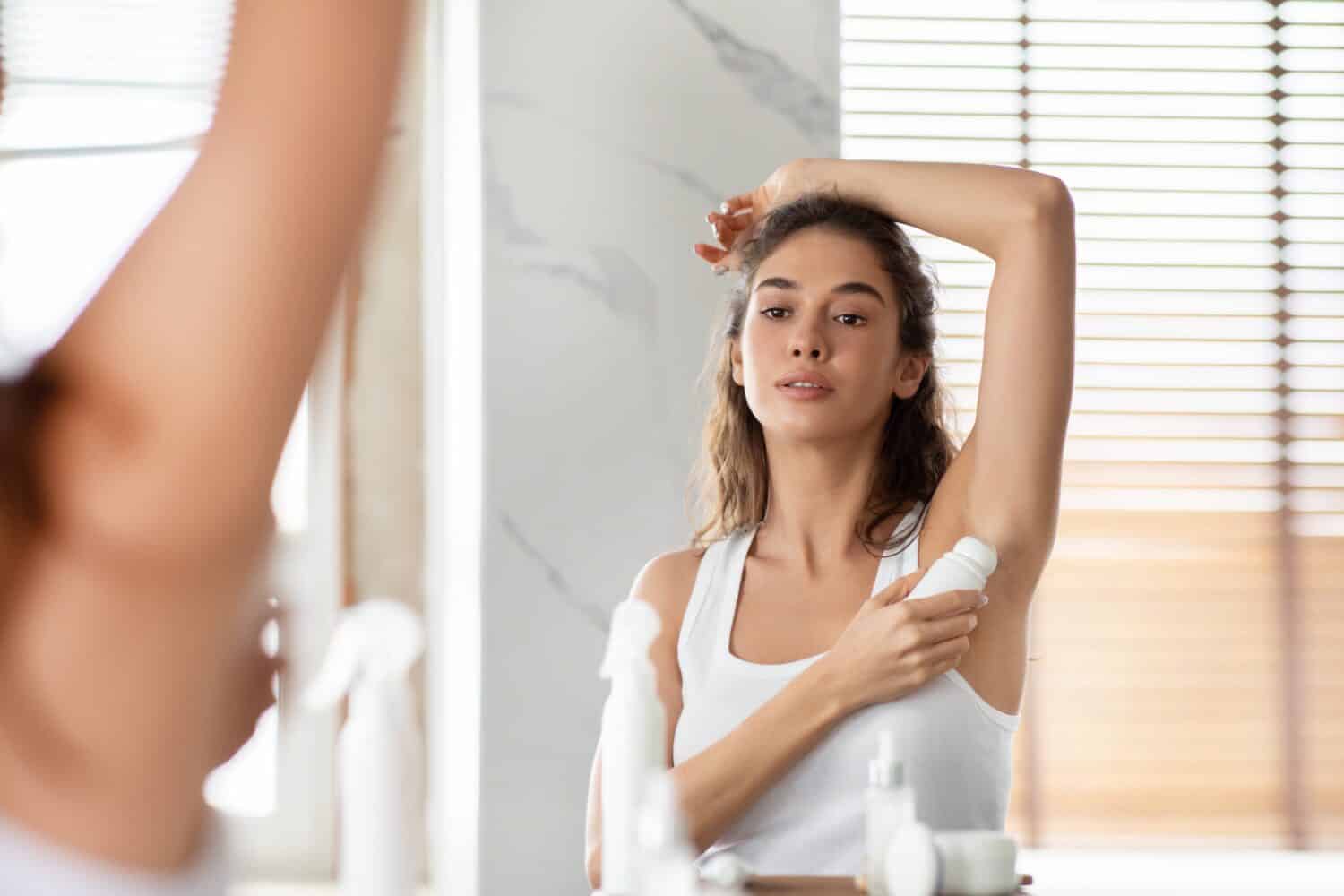Be it cold weather causing colds or not eating before swimming, there are so many health myths out there that get repeated until they take on the appearance of truth. The science, however, disagrees with many of the health ideas you might have suggesting the most cliché health advice is nothing but old wives’ tales. As such, let’s debunk 10 of the biggest health myths ever. Some of them may surprise you.
To compile a list of the 10 biggest health myths ever and debunk them, 24/7 Tempo consulted a wide range of health and medical sources. Next, we selected health myths that had the greatest impact on misinformation. After that, we consulted various scientific studies from Harvard Medical School and The BMJ to back up our debunking claims. (For other health misconceptions, specifically about sun exposure, click here for 18 myths about sunscreen and sun protection.)
Being Cold Gives You a Cold
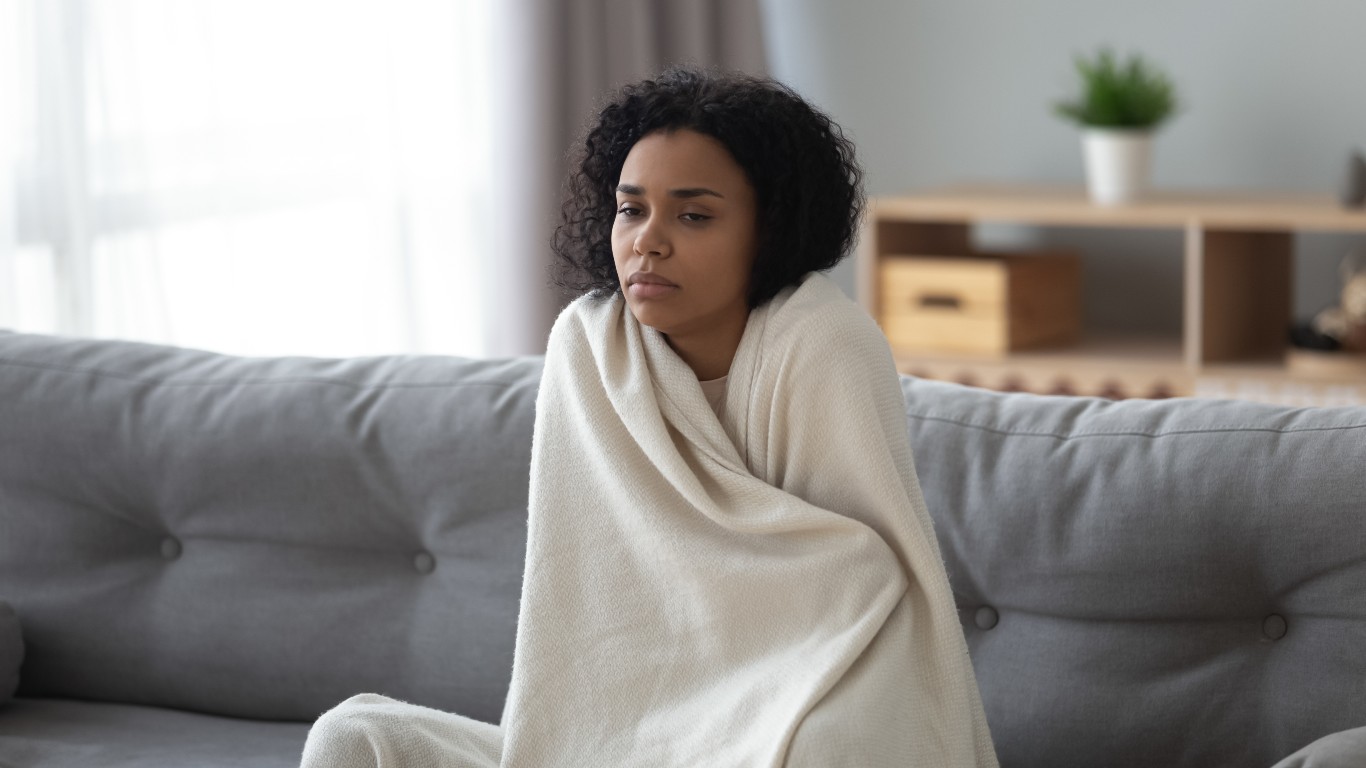
One of the biggest health myths is that cold weather will cause you to catch a cold. While it’s true that many people catch colds or cases of flu in colder months, the correlation does not equal causation. More time spent indoors in colder weather can increase the ability of viruses to infect you.
This is one of those health myths that is dangerous because the opposite can be true. One study found that men who spent time outdoors in just above-freezing temperatures had an increase in their immune systems’ ability to fight off invading viruses like the common cold.
Antiperspirant Deodorant Causes Cancer
There are several health myths regarding antiperspirant deodorants causing cancer. Be it the parabens or aluminum often found in antiperspirants, many people think these chemicals go into the body and cause tumors. No link, however, has ever been found between this style of deodorant and cancer.
According to the American Cancer Society, numerous, large-scale studies have found no link between antiperspirant use and cancer. What’s more, these studies found no link at all between any type of deodorant or even underarm shaving and cancer. While it’s still not known how much aluminum is absorbed by your body by using these products, chances are it won’t give you cancer.
Cracking Joints Causes Arthritis
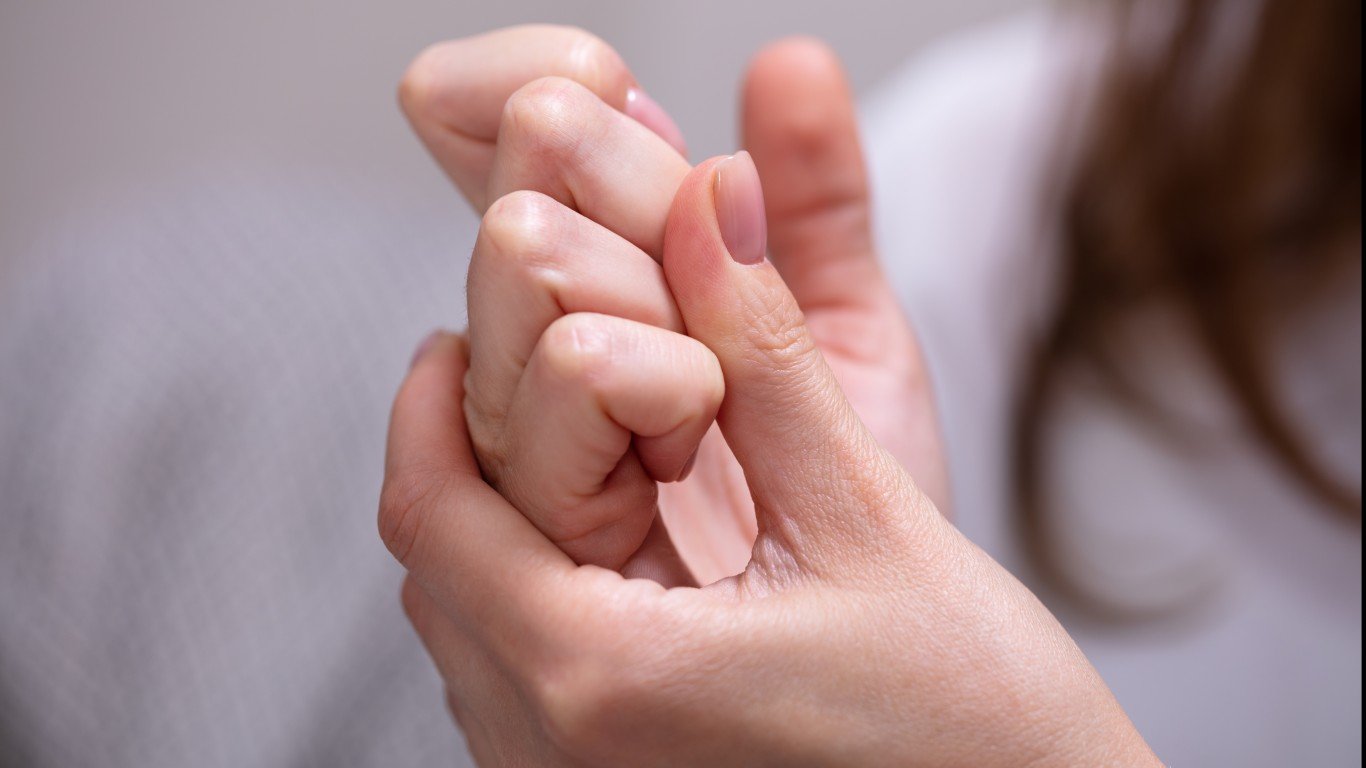
Another one of those most pervasive health myths involves arthritis from cracking your joints. Though there are reports of injuries correlated to cracking joints–such as hand swelling or weaker grip strength–there’s nothing to indicate that cracking joints will cause anything like arthritis.
By and large, most studies suggest there is no link between even habitual joint cracking and arthritis. Even if you do it and it sounds bad, all that’s happening is the negative pressure in your joints is causing the synovial fluid to produce bubbles. According to Harvard Medical School, while habitual joint cracking may lead to injuries, it likely won’t cause arthritis.
Chocolate Makes You Breakout

Another one of the biggest health myths ever is that eating chocolate will cause acne and pimples. This myth has endured for decades, and while it’s not entirely accurate, it does have some bearing on the truth. Decades of research have found no link between single foods and acne, but that doesn’t mean food doesn’t affect it.
When people say that chocolate makes you break out, if anything is to blame it’s the sugar in said chocolate. The skin is the largest organ in the body with a complex, ever-shifting biome. Though sugar can cause pimples, the best thing to counteract it is healthy amounts of hydration.
Eggs Cause High Cholesterol
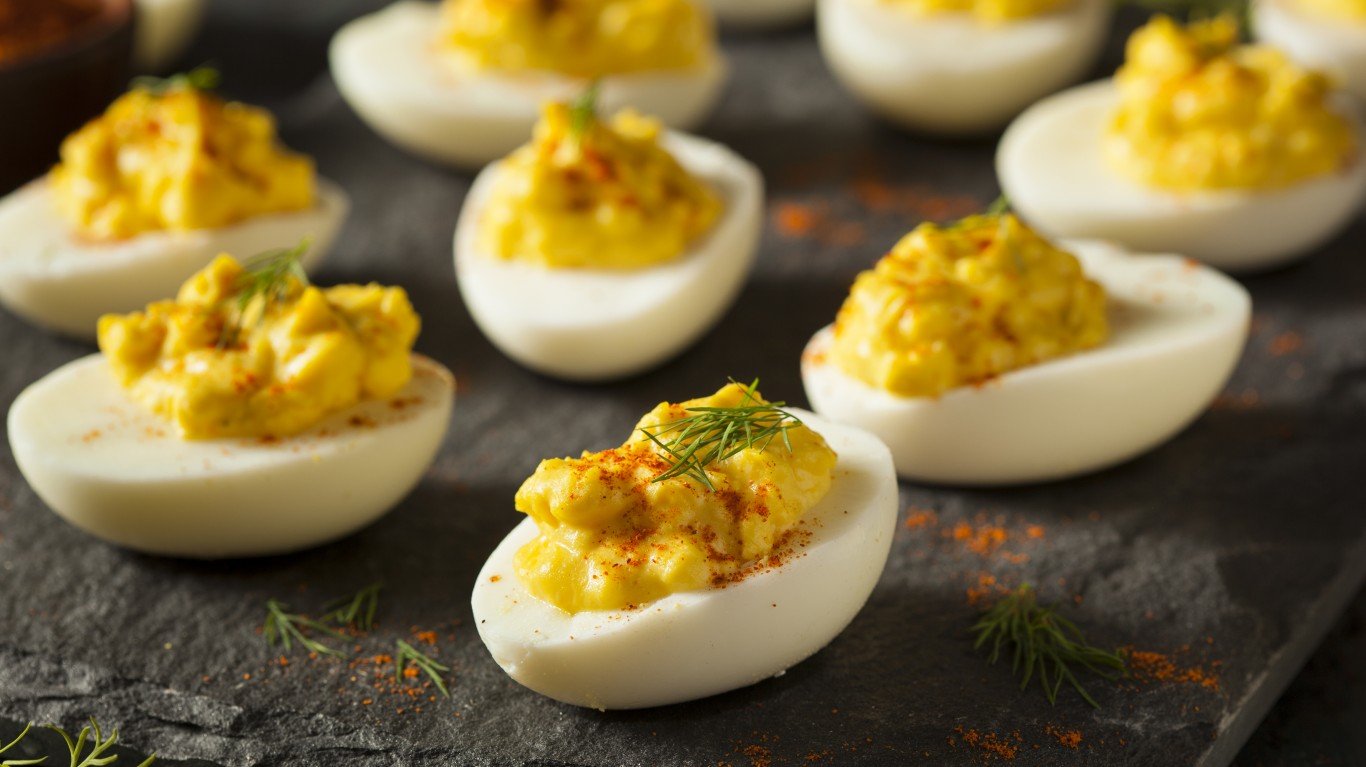
One of the most pervasive health myths is that eggs cause high cholesterol. This myth is arguably the fault of medical experts, who recommended adults eat no more than three eggs a week in a 1968 health recommendation. Since then, the science has flipped-flopped on whether eggs are good for you or quite unhealthy.
In recent years, however, scientists have gone back on that recommendation and suggested quite the opposite. Instead of eggs causing high cholesterol and increasing the risk of heart disease, they may be quite healthy. A Harvard Medical School review of multiple studies found that eating eggs regularly can increase your heart health.
You Need Eight Hours of Sleep
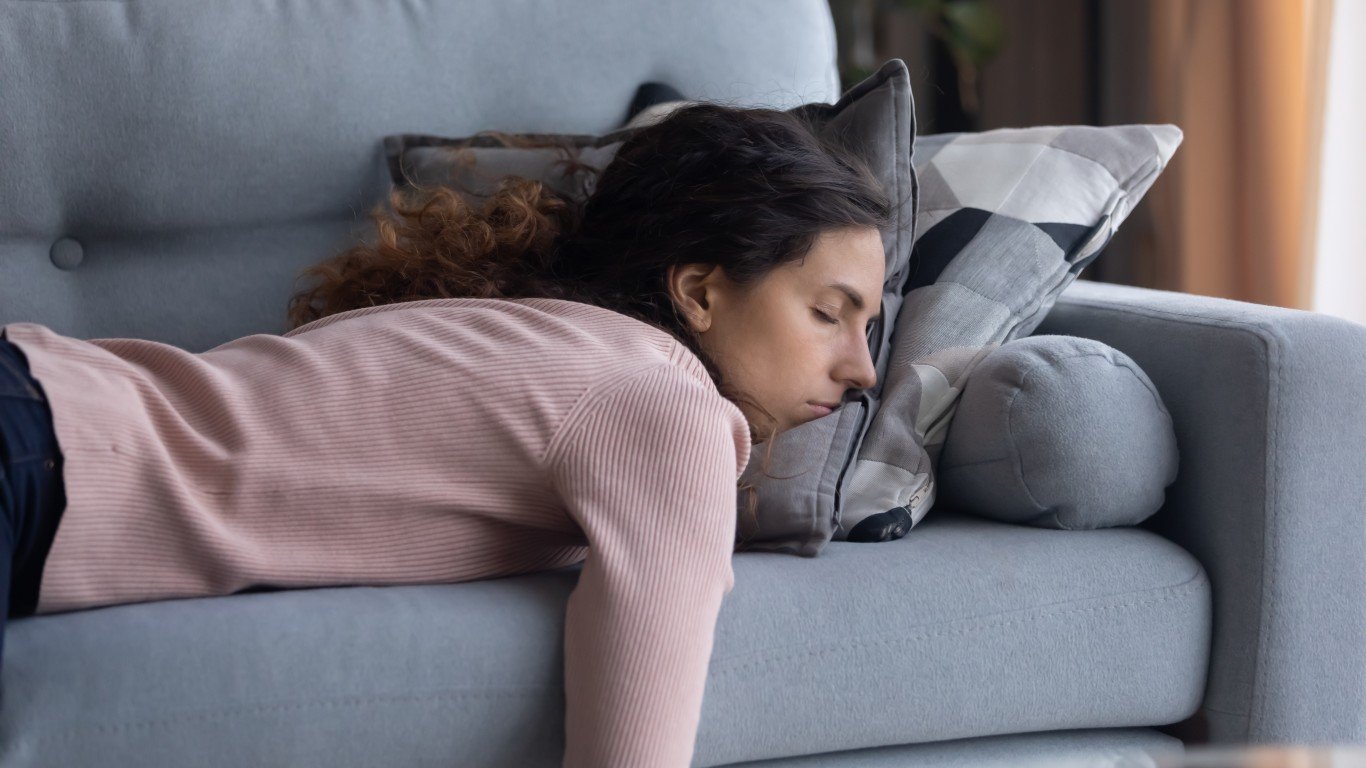
Since childhood, many people are told they need eight hours of sleep to feel rested and be healthy. Much like the eight glasses of water a day myth, however, there is not a standard level of sleep correlated to healthiness. Instead, everyone’s circadian rhythm is different and requires different levels of sleep.
Though the standard recommendation trotted out by doctors and health experts is between seven and nine hours of sleep a night, this is just a guideline. There are plenty of people who require less or even far more sleep each night to feel rested, alert, and healthy. This is one of those myths that doesn’t take into account the very different needs of each person’s body.
Eating Turkey Makes You Sleepy
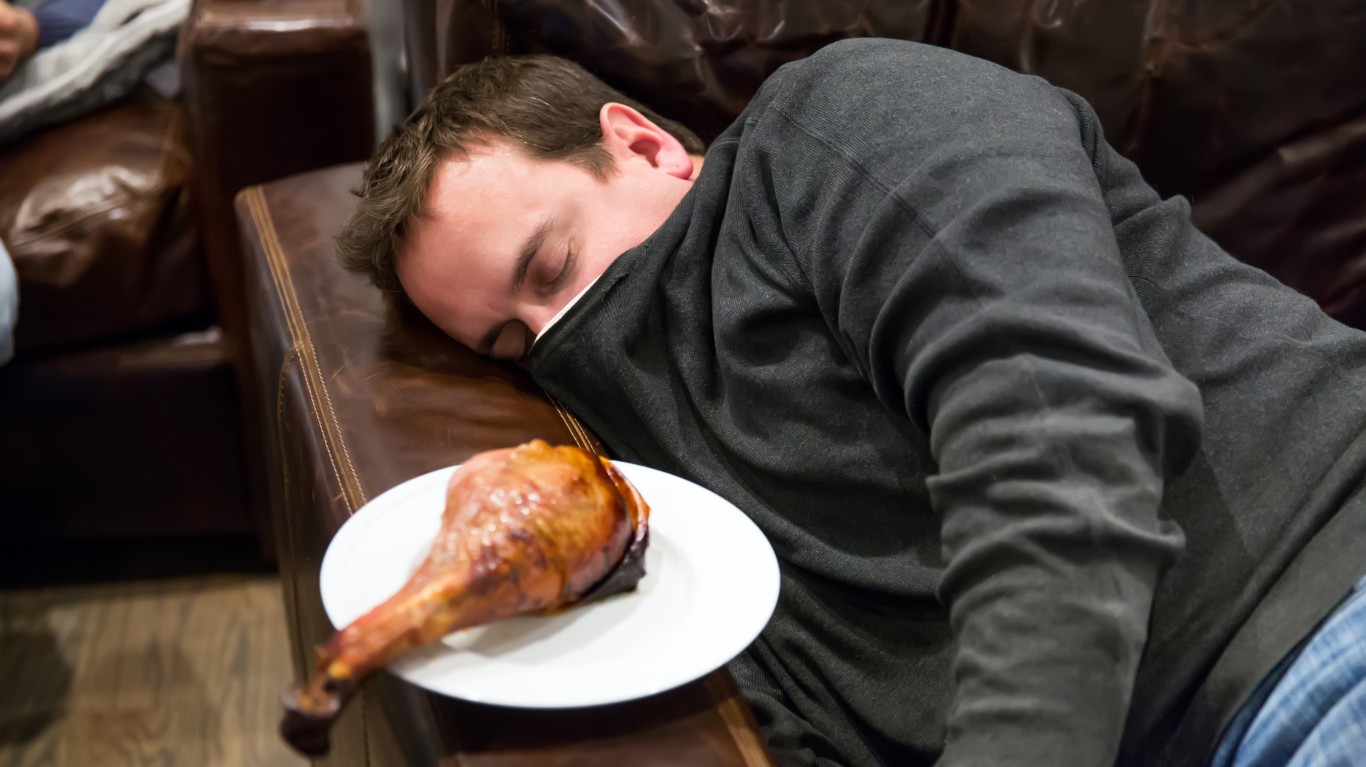
A health myth everyone seems to believe is that eating turkey makes you sleepy. Indeed, while turkey does contain the sleep-inducing chemical tryptophan, it’s not the only food to contain it. In a way, however, this myth is half true. Tryptophan is an essential amino acid that’s linked to sleep and mood.
However, many other foods contain comparable levels of this amino acid like mashed potatoes or vegetables. What is causing sleepiness is the combination of tryptophan and high levels of carbohydrates. You may blame the turkey for making you pass out, but most other foods on the Thanksgiving table are also causing it.
Spicy Food Causes Ulcers
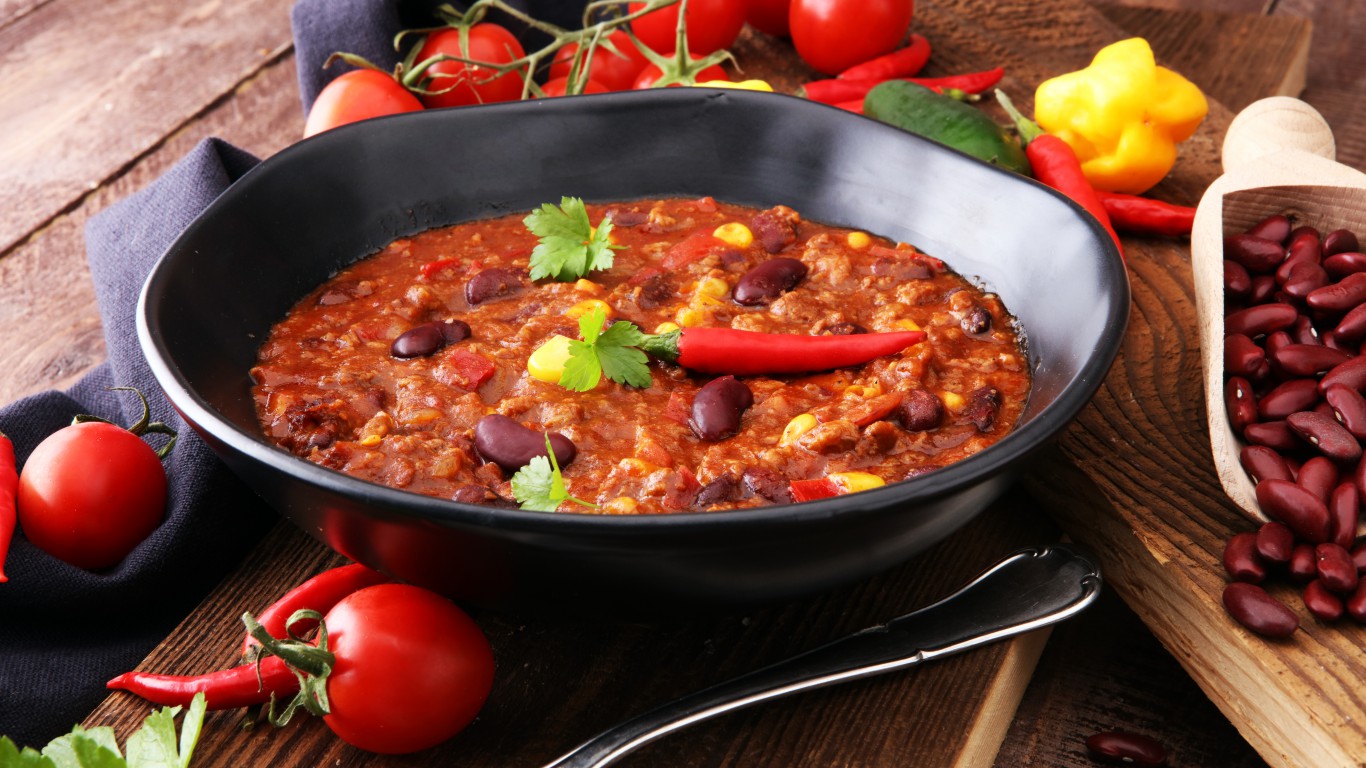
Another one of the enduring health myths relates to spicy foods causing stomach ulcers. Though you might burn your mouth eating spicy food, experts say that spicy food won’t give you an ulcer. While spicy eats can give you gastritis, the most common cause of stomach ulcers is bacterial infections. If anything is likely to cause ulcers, it’s anti-inflammatory drugs like aspirin or Advil.
Now, if you already have an ulcer, spicy food may make it worse. On the other hand, studies have found spicy foods like chili peppers increase blood flow to your gastrointestinal tract, protecting it from damage. What’s more, another study found people who eat spicy foods between six and seven times a week had a 14% reduced mortality rate.
(For other interesting food perspectives, discover eating habits that will change your life.)
You Need to Drink Eight Glasses of Water a Day
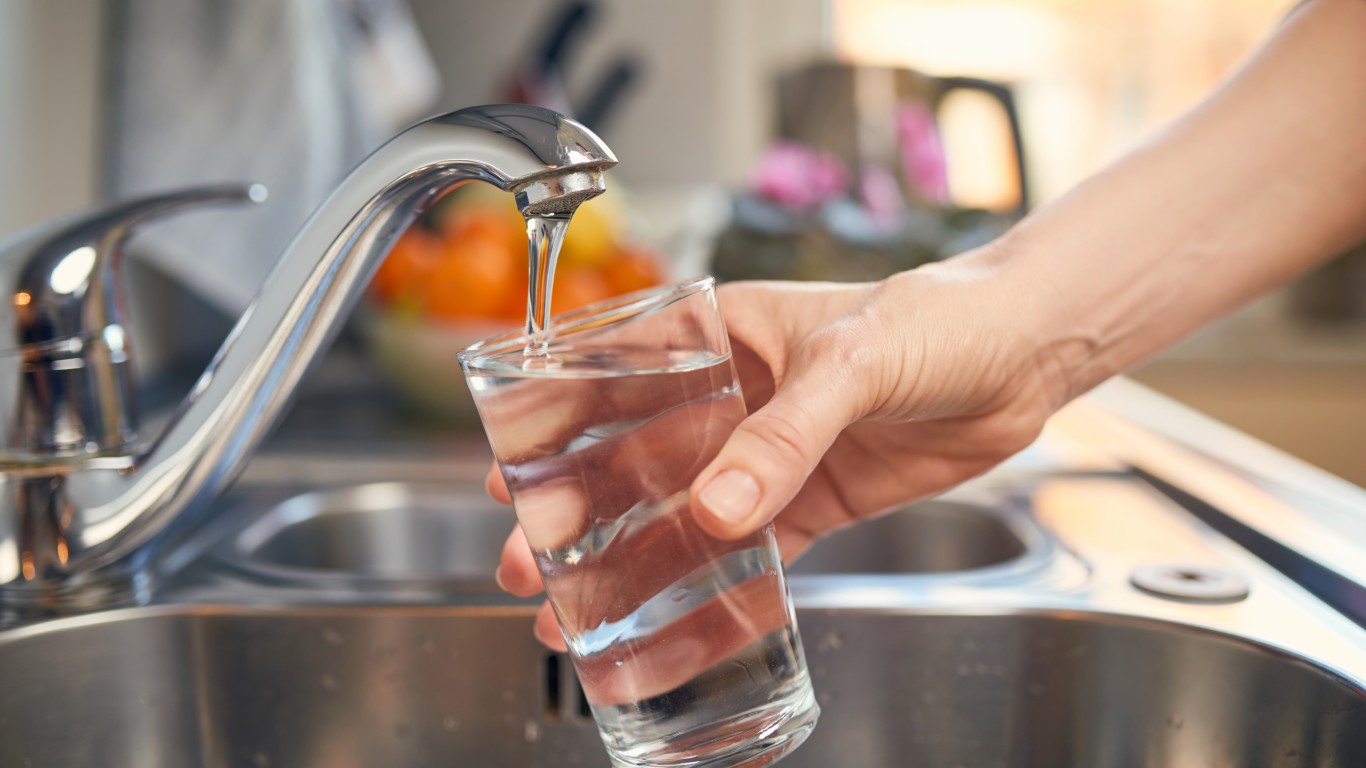
One enduring health myth is that you need to drink eight glasses of water a day to be healthy and stay hydrated. The problem is, that everyone has different water needs. There are so many variables that go into the equation, such as climate, physical activity, and more, the standard eight glasses is not accurate across the board.
Moreover, many foods like fruits and vegetables contain a hefty amount of water per serving. A better way to judge your water needs is by the color of your urine. If it is relatively clear, you’re probably well hydrated, whereas dark, yellow urine means you probably need more water. Any other gauge is not helpful to your specific hydration needs.
Swimming After Eating is Dangerous

Another old wives’ tale regarding health is that eating and swimming directly afterward can be dangerous. The rationale behind this myth has to do with blood flow. It was thought that since blood is diverted to the gastrointestinal tract after eating, it would divert blood from your muscles, making swimming dangerous.
This blood flow diversion, however, does not affect your ability to swim in any meaningful way. What’s more, the American Red Cross found there were no reported cases of eating before swimming caused any fatal or non-fatal drowning. For this reason alone, the eating and swimming idea can be called a myth. (For more weight-loss-oriented misinformation, discover why everything you know about obesity is wrong.)
